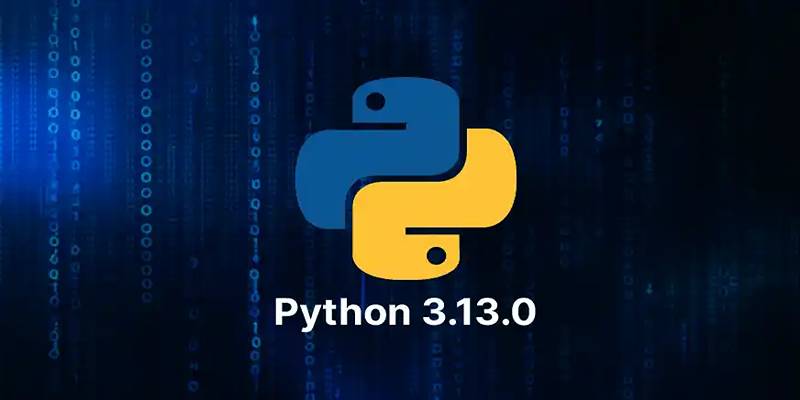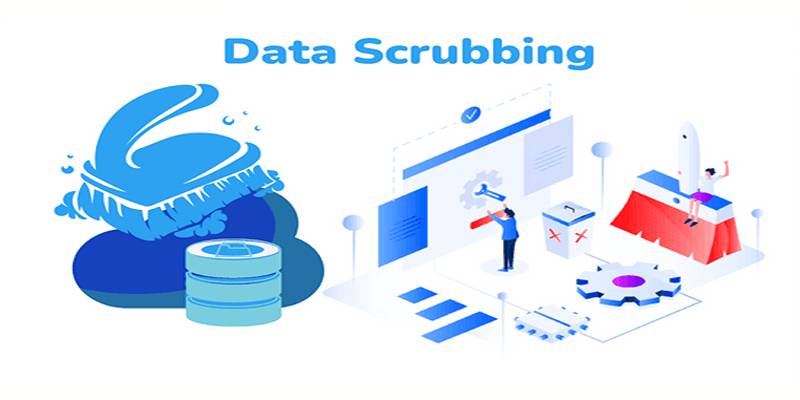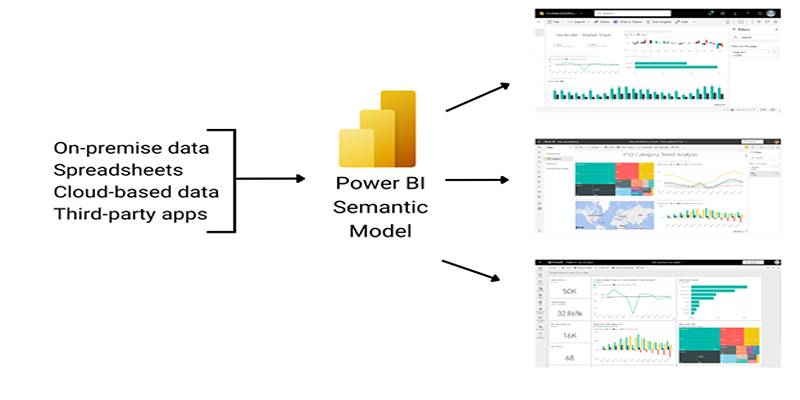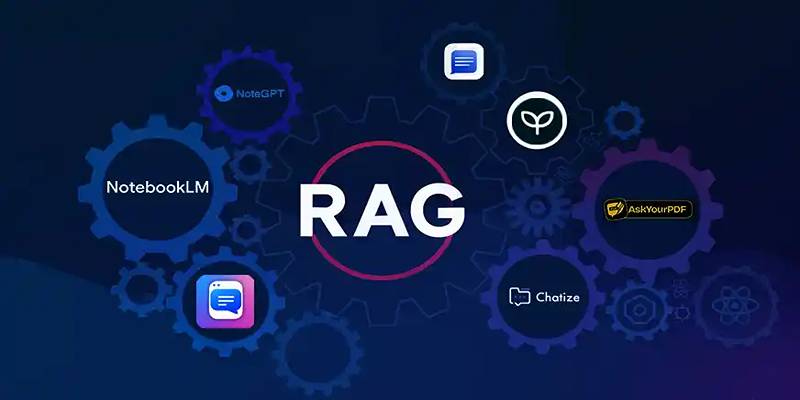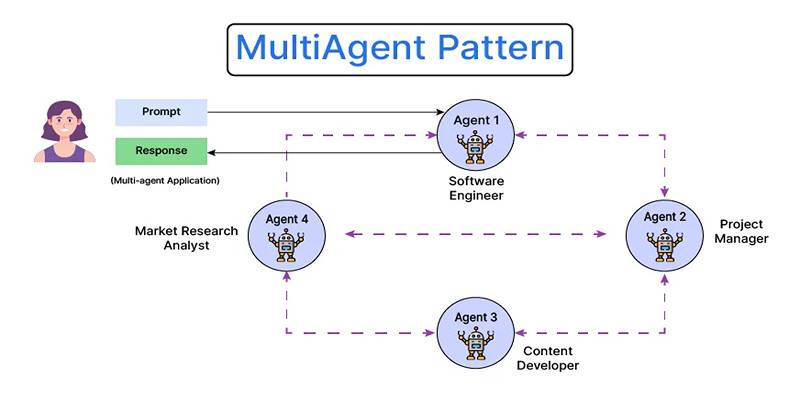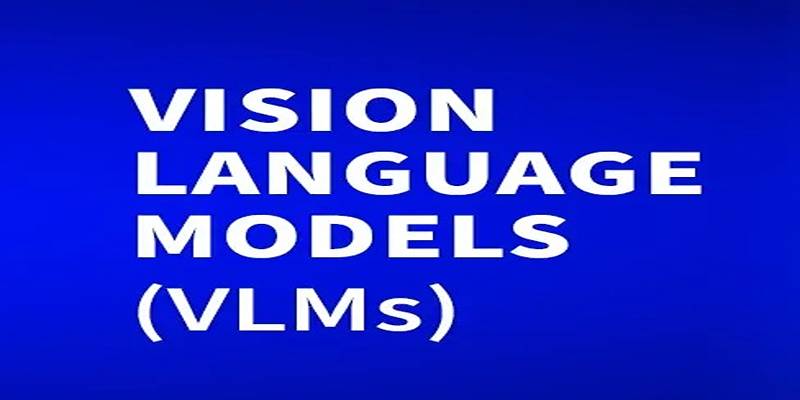Personalization is no longer a nice-to-have in the incredibly changing world of education technology (Edtech); it's a must. With learners demanding customized pathways that match their goals, interests, and strengths, the industry is under pressure to move beyond traditional recommendation systems. Enter AI agents powered by frameworks like CrewAI, which are revolutionizing how to deliver, design, and personalize education.
This post explores how AI agents, when orchestrated through CrewAI, can create intelligent, personalized course recommendations that enhance the learning experience for students, boost engagement, and ultimately improve educational outcomes.
Why AI Agents in Edtech?
AI agents are intelligent software programs capable of analyzing data, performing tasks autonomously, making informed decisions, and adapting based on changing inputs. In Edtech, this means they can assess student profiles, learning goals, behaviors, and preferences to recommend learning paths tailored specifically to each individual.
Unlike rule-based systems or simple recommendation engines, AI agents bring a human-like approach to problem-solving. They collaborate, delegate, and specialize—just like a team of expert educators working together to guide a student.
Meet CrewAI: The Backbone of Smarter Edtech Agents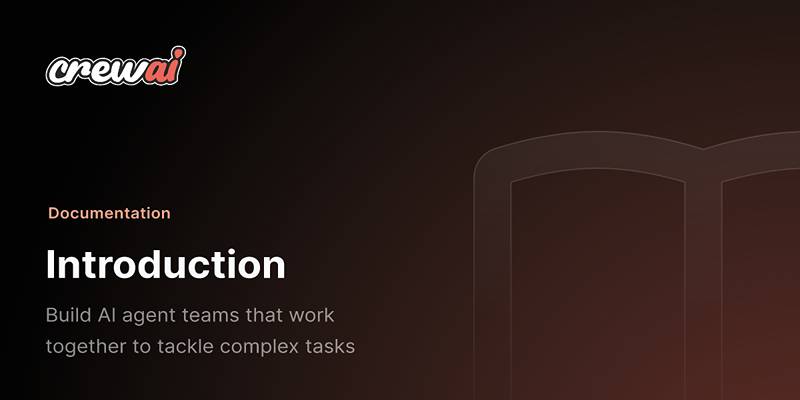
CrewAI is a powerful framework built on Langchain, designed to enable seamless collaboration between multiple AI agents. It allows developers and data scientists to structure complex problem-solving processes by assigning roles and responsibilities to specialized agents.
With CrewAI, each agent can:
- Work independently or in coordination with others
- Execute domain-specific tasks
- Use large language models (LLMs) to reason and communicate
- Operate in a step-by-step workflow
This agentic system mimics real-life organizational structures, such as a marketing team or an academic committee, enabling more nuanced and context-aware decision-making.
The Components: Agents, Tasks, and Crews
Before diving into real-world applications, let’s break down the key building blocks of CrewAI.
Agents
An agent is an autonomous unit with a specific role and a defined goal. It can access tools, analyze information, and collaborate with other agents to accomplish its objectives. For example, in an Edtech use case, one agent might be responsible for understanding student profiles, while another matches them with suitable courses.
Tasks
A task is a specific activity assigned to an agent. Tasks are modular and can be executed in sequence or parallel. In our education recommendation scenario, a task might involve interpreting a student’s academic and personal data or generating personalized campaign messages.
Crews
A crew is a group of agents working together toward a shared objective. Each crew operates like a specialized team, coordinating tasks and sharing outputs to complete the workflow. For example, a recommendation crew might select courses for students, and a campaign crew could then create persuasive content to promote those courses.
The Edtech Challenge: Personalized Learning Recommendations
Imagine you're running a student advisory service. Each student has unique goals, skills, and interests. One wants to be a software engineer with strong computer skills and a passion for gaming. Another dreams of becoming a biologist and enjoys photography. How do you tailor course recommendations for such diverse profiles?
Traditional recommendation engines rely on algorithms that consider just a few parameters—usually academic performance or previous course completions. But what if you could create mini AI teams that actually understand each student, reason through their profile, and collaboratively generate personalized learning paths? That’s exactly what CrewAI enables.
Building Smarter Course Recommendations with Agent Teams
Imagine you run an education counseling platform. Your goal is to recommend the best-fit online courses to students based on a variety of inputs, including academic goals, hobbies, GPA, computer skills, and language interests.
Step 1: Define the Dataset
Begin with a dataset of student profiles that includes the following:
- Academic Goals
- Major
- Hobbies
- Computer Skills
- Interest in Languages
- GPA
It also compiles a curated list of online courses from top universities like Harvard, MIT, Coursera, and Stanford. Each course has a title and provider, covering a range of domains—science, tech, psychology, law, and more.
Step 2: Assembling the First Crew
The first Crew is responsible for selecting the top 3 course recommendations per student. It includes three specialized agents:
- Student Profiler: Analyzes student attributes and builds a nuanced profile.
- Course Specialist: Matches the profile with suitable courses from the list.
- Chief Recommendation Director: Oversees the whole process, ensuring logic and alignment with the student’s goals.
Together, they perform a task that involves understanding the student and selecting the most appropriate three courses, with reasons for each choice.
Sample Output
For a psychology student who enjoys reading and has intermediate computer skills, the selected courses might include:
- Introduction to Psychology – to align with their academic major.
- Positive Psychology – to enrich their understanding of human well-being.
- Introduction to Cognitive Psychology – a deeper dive into mental processes.
Each selection is reasoned and tailored.
Step 3: Generating Engaging Campaign Messages
Once the top three courses are selected, the second crew steps in. This team creates compelling ad copy designed to capture the student’s attention and encourage enrollment.
Members:
- Campaign Agent: A creative content writer agent.
- Chief Recommendation Director: Continues to guide the tone and accuracy of the message.
Their job is to craft a promotional message that weaves together the three selected courses into an attractive and personalized narrative.
Sample Message
"Are you passionate about understanding the human mind? Dive into the world of psychology with courses crafted by leading universities. Start with 'Introduction to Psychology' from Yale to build your foundation. Explore happiness with 'Positive Psychology' by UNC Chapel Hill, and understand the science behind thought with Duke's 'Cognitive Psychology'. Begin your journey today!"
The Workflow: Step-by-Step Automation
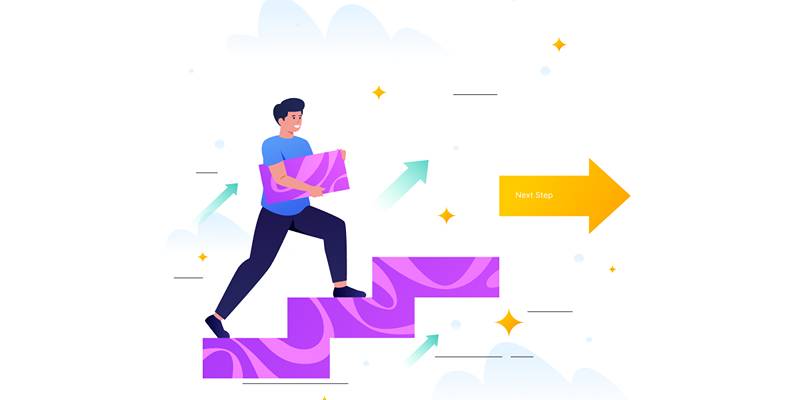
Here’s how the process unfolds for each student:
- Profile Analysis: The student profiler dissects the input data to create a comprehensive learner persona.
- Course Matching: The course specialist maps this persona against the course database and selects the top 3 options.
- Campaign Creation: The campaign agent transforms these selections into a marketing narrative that resonates.
- Crew Coordination: The Chief Director ensures consistency, accuracy, and quality throughout.
This end-to-end automation can run across thousands of profiles, ensuring scalable personalization that feels human-crafted.
Conclusion
AI agents organized through CrewAI are not just tools—they’re collaborators in the future of learning. As frameworks like CrewAI mature, you can expect increasingly intelligent systems that understand students better than ever before. The combination of logic-driven recommendations and creative storytelling powered by LLMs brings us closer to an ideal where every student’s journey is unique, purposeful, and optimally supported.
